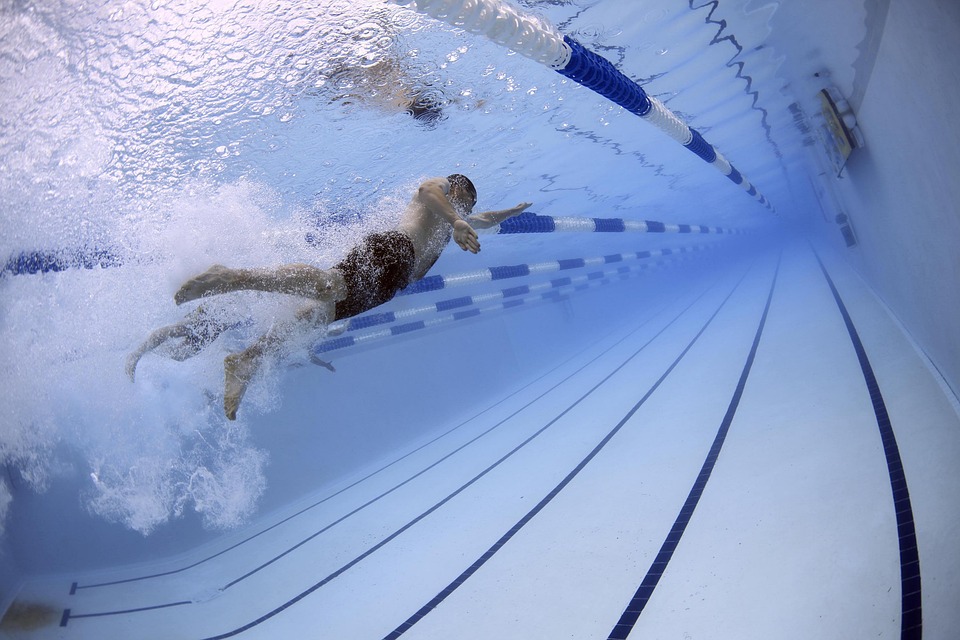Maintaining proper filtration is crucial for the health and cleanliness of your swimming pool. A well-functioning filtration system removes debris, bacteria, and other contaminants from the water, ensuring a safe and enjoyable swimming experience. In this article, we will discuss the importance of running the pool filter for an adequate amount of time based on pool size and filter system requirements. Additionally, we will explore the significance of backwashing or cleaning the filter to ensure optimal filtration.
Firstly, let’s delve into the importance of running the pool filter for an appropriate duration. The amount of time required to run the pool filter depends on the size of the pool. Smaller pools typically require shorter periods of filtration compared to larger ones. It is essential to follow the manufacturer’s recommendations for your specific filter system. However, a general rule of thumb is to run the pool filter at least 8 to 10 hours a day for an average-sized residential pool.
Running the pool filter for a sufficient amount of time ensures that all the water in the pool passes through the filter, effectively removing contaminants. This process helps to maintain water clarity and prevent the growth of algae and harmful bacteria. By constantly circulating the water, the filter eliminates debris such as leaves, grass, insects, and even smaller particles that are not visible to the naked eye. This not only improves the aesthetics of the pool but also reduces the risk of clogged filtration systems and costly repairs.
Additionally, it’s important to understand the requirements of your filter system. Different filters, including sand, cartridge, or DE (diatomaceous earth) filters, have diverse needs in terms of maintenance. Sand filters, for example, need to be backwashed periodically to remove trapped debris and restore their efficiency. Cartridge filters require periodic cleaning to remove accumulated dirt and debris, while DE filters necessitate recharging with fresh diatomaceous earth, a fine powder, to maintain their filtration capabilities.
The process of backwashing involves reversing the water flow through the filter, flushing out trapped particles and debris. This helps to restore the filter’s efficiency and prevents clogging. It is important to monitor the pressure gauge on your filtration system regularly. A significant increase in pressure indicates that the filter may need to be backwashed. As a general guideline, backwashing should be performed when the pressure rises by 8 to 10 psi above the normal operating pressure.
Cleaning cartridge filters involves removing the cartridge elements and hosing them down to remove dirt and debris. For optimal results, it is recommended to soak the cartridges in a filter cleaner solution to dissolve any oils or grease that may have accumulated. Diatomaceous earth filters need to be recharged by adding the fine powder to the filter grid. This helps to maintain the filter’s ability to trap smaller particles and ensures maximum filtration efficiency.
Proper maintenance of your filter system not only enhances water quality but also extends the longevity of the equipment. Neglecting regular backwashing or cleaning of the filter can lead to reduced filtration efficiency, increased energy consumption, and potential equipment damage. It is advisable to establish a regular maintenance routine and keep track of when filter maintenance is required, either by noting it on a calendar or setting reminders on your smartphone.
In conclusion, maintaining proper filtration in your swimming pool is crucial for ensuring clean, safe, and inviting water. Running the pool filter for an adequate amount of time, based on the pool size and filter system requirements, is essential. Remember to backwash or clean the filter regularly to optimize its filtration capabilities, prevent clogging, and reduce the risk of equipment damage. By following these guidelines, you can enjoy a crystal-clear pool that remains a source of joy and relaxation for you and your loved ones.
Maintaining proper filtration is essential for a clean and safe swimming pool. Running the pool filter for an appropriate amount of time, based on pool size and filter system requirements, is important. Generally, running the filter for 8 to 10 hours a day is recommended for an average-sized residential pool. This ensures that all the water passes through the filter, removing debris and preventing the growth of algae and bacteria. It’s also important to backwash or clean the filter regularly to maintain its efficiency. Different types of filters have different maintenance requirements, so it’s important to follow the manufacturer’s recommendations. By properly maintaining the filter system, you can enjoy a clear pool and avoid costly repairs.
